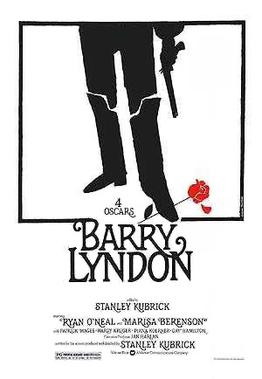 |
| Dudley Moore and Peter Cook in The Bed Sitting Room |
Seemingly every comic actor in 1960s Britain turns up somewhere in Richard Lester's The Bed Sitting Room, but they don't generate many laughs. The problem with most absurdist comedies is the absence of a grounding normality, and in the post-apocalyptic setting of the film, in which Britain has been turned into a vast trash dump by a nuclear war, there's not much to serve as a norm against which its silliness can play out. The point is to satirize our pre-apocalyptic complacency, and once you get that point the film mostly asks you to sit around and wait for your particular favorite actor to make his or her appearance. Oh, there's Ralph Richardson. Ah, that's Mona Washbourne. Good, that's Marty Feldman. And so on for 90 minutes. It only seems longer.
